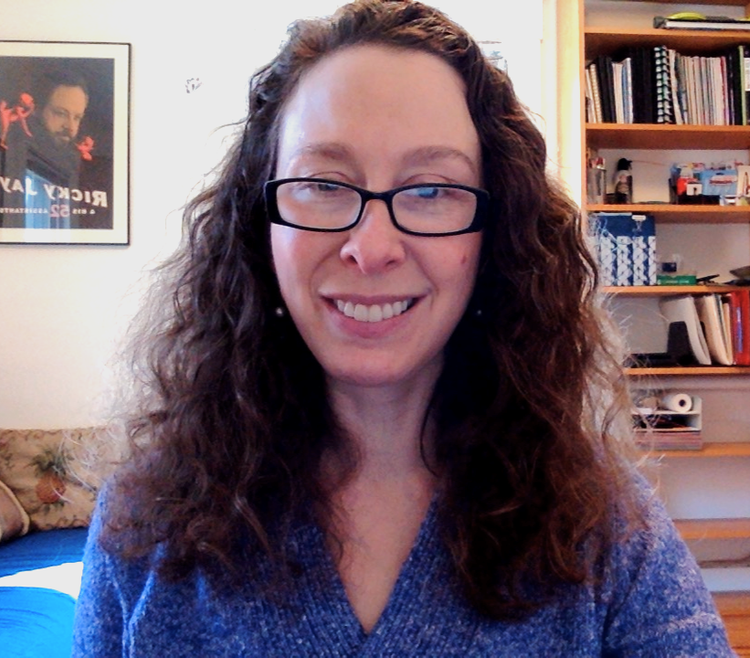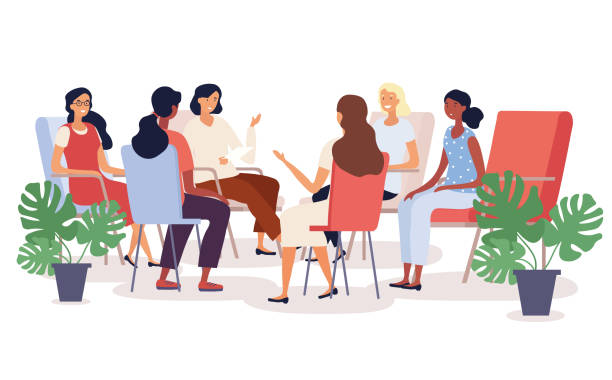.png)
This live training will introduce key principles of several family-centered approaches that are compatible with the NAVIGATE model, including:
Family Focused Treatment (FFT)
A framework emphasizing psychoeducation, communication enhancement, and problem-solving strategies.
Supportive Parenting for Anxious Childhood Emotions (SPACE):
A parent-based model focused on reducing accommodations to anxiety and increasing supportive responses.
Family Directed Cognitive Adaptation (FCA):
A collaborative approach to managing cognitive challenges in early psychosis.
A four-hour, interactive online webinar covering:
Understanding the Role of Family Engagement: - Exploring the benefits and challenges of involving families in treatment. - Strategies to address common barriers, including stigma, cultural considerations, and treatment resistance. Principles and Strategies from Family-Centered Approaches: - Psychoeducation and communication training techniques - Supportive parenting strategies for managing anxiety accommodations and strengthening family support. - Practical tools for families to support daily functioning and problem-solving. Interactive Skill-Building: - Role plays and case discussions to apply principles in real-world scenarios. - Guided practice with feedback to refine skills.
Webinar Continuing Education Credit Hours: 3.5
Participants will receive a certificate of completion for this course and must attend the entire program in order to claim credit (no partial credit is available). Physicians: We can provide a certificate that you can use to claim Category 2 credits. Psychologists: The Department of Psychiatry at Beth Israel Deaconess Medical School, a major teaching hospital of Harvard Medical School, is approved by the American Psychological Association to offer continuing education for psychologists and maintains responsibility for this program. This program meets criteria for 3.5 credits for the workshop and 5 credits for consultation sessions. Counselors: The Department of Psychiatry at Beth Israel Deaconess Medical Center has been approved by NBCC as an Approved Continuing Education Provider, ACEP No. 5689. Programs that do not qualify for NBCC and is solely responsible for all aspects of the programs. This program meets the criteria for 3.5 credits for the workshop and 5 credits for consultation sessions. Nurses: The workshop meets the specifications of the Board of Registration in Nursing in Massachusetts (244 CMR). Social Workers: Application pending with the Massachusetts Chapter of the National Association of Social Workers for 3.5 credits for the workshop and 5 credits for consultation sessions.
At completion of the training, you will:
Understand core principles and strategies for engaging families in early psychosis care.
Learn practical techniques to improve family communication and collaboration.
Gain tools to help families address anxiety and cognitive challenges effectively.
Feel more confident in addressing barriers and supporting families as partners in treatment.
Meet the Trainer:

Dr. Michelle Friedman-Yakoobian
Principal Investigator, Response to Risk for Psychosis Research Program Co-Founder and Lead for Family Programming, CEDAR Clinic Assistant Professor of Psychology in the Department of Psychiatry, Harvard Medical School
Dr. Michelle Friedman-Yakoobian is an Assistant Professor of Psychiatry at Harvard Medical School and a nationally recognized expert in early psychosis care. She co-founded the CEDAR Clinic in 2009, where she serves as Director of Research and Development, supervising trainees, providing clinical consultations, and delivering individual and family therapy. She has supervised more than 100 clinicians and trainees and finds great fulfillment in mentoring the next generation of mental health professionals.
Register Now for Early Bird Pricing!
Initial Workshop: 4-hour Session
$200.00
Take Your Learning Further:
Looking for more in‑depth, individualized training? Explore the add-on option that provides four one‑on‑one consultations with Dr. Michelle Friedman‑Yakoobian for personalized guidance and case‑specific support.
